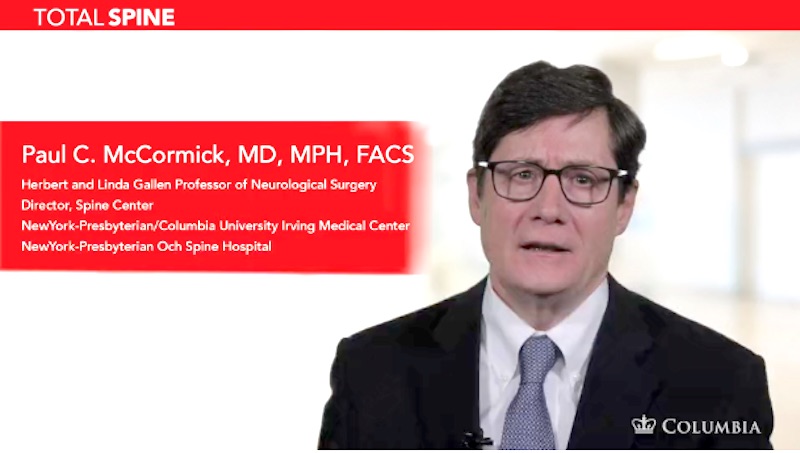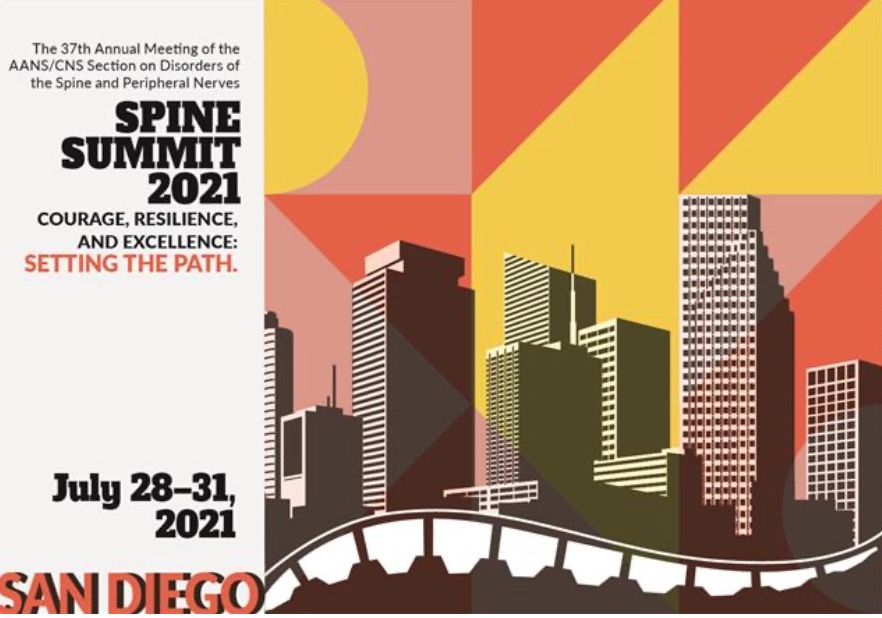Like a lot of smart people, neurosurgeons know that it is important to keep learning. The Congress of Neurological Surgeons (CNS) Meeting is a week-long event where neurosurgeons from around the world get together to teach and learn from each other. Many of the doctors from the different Centers at the Department of Neurosurgery attended and spoke at this year’s meeting in New Orleans. They talked about the work they are doing and presented a number of recently published papers.
Their papers are published in journals like Neurosurgery and the Journal of Neurosurgery and serve as an important form of communication between those in the field when not attending conferences like the CNS meeting. The conferences provide a good forum for researches to get feedback from their peers and it is also a good place to talk about what is coming down the pike. A lot of which is still under investigation, and for which papers have not yet been written.
At the CNS meeting this year, members on the editorial board of the above mentioned journals conducted a special seminar on what makes for good research. Dr. Paul McCormick, Director of the Spine Center co-directed this course. Dr. Peter Angevine also from the Spine Center, and Dr. E. Sander Connolly from the Cerebrovascular Center were among the faculty.
They, along with their colleagues at the Neurological Institute have a long track record of publishing papers and they know that if the research method is bad then even the best idea will be discredited. In this course, the faculty critically reviewed recently published papers to better inform neurosurgeons on how to get the most out of their research and how to best communicate their results. They each highlighted different aspects of study design and presentation to consider.
For example, Dr. Angevine talked about how the outcome of any new treatment has to be thoroughly investigated in terms of cost versus benefit to the patient. One way to do this is to use graded questionnaires about daily living before and after a procedure. Costs to the patient must include, not only direct costs like hospital and doctor fees but also indirect costs like how much is lost in wages from time off work or what is the impact on a family when a primary care-giver is out of commission.
Developments in neurosurgery are moving fast, those in the field need to attend conferences like the CNS meeting and when they can’t, they need to read their colleagues’ papers to keep up. The research presented in these papers needs to be done well for their benefit to be realized. When research is thorough, and the method is sound, then the cream rises to the top, what is truly bad gets thrown out, the field moves forward, and ultimately it is the patient that benefits.

Dr. McCormick Releases New Retropleural Thoracotomy Video for Total Spine Series
In his latest installment to the Total Spine series of instructional videos, Dr. Paul McCormick describes retropleural thoracotomy, a surgical technique used to treat complex spinal conditions of the thoracic and lumbar spine. “Retropleural thoracotomy is an important...

